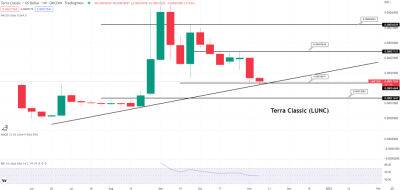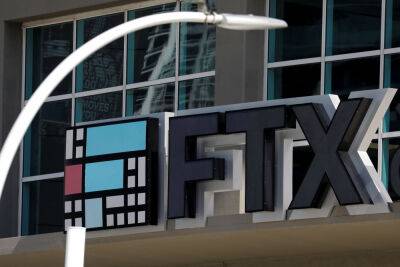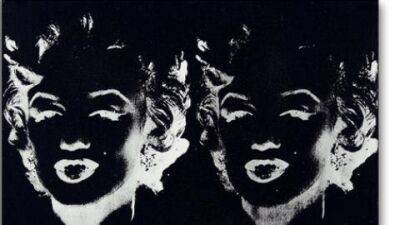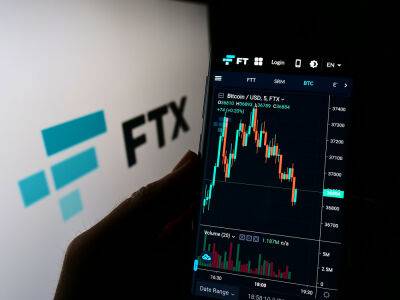UK banks brace for ‘windfall tax’ to help plug £40bn hole in public finances
UK banks are steeling themselves for a windfall tax by stealth as the new chancellor, Jeremy Hunt, tries to plug a £40bn hole in the public finances.
City lobbyists are concerned that banks will not be compensated for Hunt’s U-turn on corporation tax, which will now mean the levy rises from 19% to 25% next year.
The former chancellor Rishi Sunak had promised last year to cut a sector-specific tax known as the banking surcharge from 8% to 3% to make up for the increase. However, Hunt has not made any commitment to do so, despite fears that banks would now have to prepare for a headline tax rate of 33%, rather than 28% as previously promised.
Smaller lenders including the Co-operative Bank will still benefit from a higher threshold, with the chancellor promising the surcharge will only apply to lenders earning at least £100m, rather than £25m.
A decision to maintain the surcharge at current levels could help the government raise more cash to plug the hole in public finances. A Treasury source rejected the suggestion that the move could be seen as a windfall tax by stealth, but said Hunt would confirm his position on the surcharge when he gives his fiscal update on 31 October.
By international standards, taxes in the UK are relatively modest. The amount taken by the state will be around 35% of national income following the decision to bring in a new health and social care levy, which puts Britain in the bottom half of the league table and well behind the 40%-plus rates in France and the Scandinavian nations.
By the UK’s own standards, however, the tax take is historically high. On a sustained basis, it is necessary to go back to the immediate aftermath of the second world war to find a time when tax as a share of gross domestic
Read more on theguardian.com


 theguardian.com
theguardian.com

















